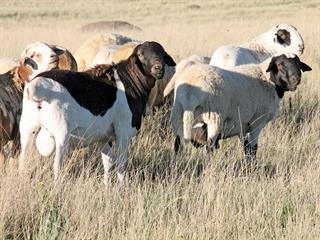Cosatu has called for more severe penalties should the dairy processors implicated in collusion activities be found guilty. The maximum 10% of annual turnover the Competition Tribunal is allowed to fine isn’t good enough, says Cosatu spokesperson Patrick Craven, because such a fine “could be absorbed into the companies’ running costs and passed on to the consumer in higher prices.”
But Shan Ramburuth, commissioner at the Competition Commission, has made it clear that the companies’ fines should not be passed on to the consumer and that shareholders concerned about maintaining profit margins should remember that those margins were “an artificial consequence of the anticompetitive behaviour. The market needs to correct itself to its true levels.”
However, according to a spokesperson for the Competition Commission who asked to remain anonymous, “The Competition Commission cannot enforce how the fine is absorbed. We can only hope that the companies take the knock rather than pass it down to consumers.”
The date for the Competition Tribunal’s hearing, in the alleged collusion activities of Clover Industries, Clover SA, Parmalat, Ladismith Cheese, Woodlands Dairy, Nestlé, Lancewood and Milkwood has been set for September this year.
Detailed charges emerging
Charges brought against some of the dairies include controlling the route of surplus milk supply to smother competition and artificially maintain high prices.
According to a statement released in December by the Competition Commission, the commission discovered that Parmalat, Clover, Ladismith Cheese, Woodlands, Nestlé and Lancewood had exchanged information regarding procurement prices of raw milk, enabling them to coordinate their pricing strategies to fix the price.
Clover and Parmalat entered into exclusive contracts that compelled producers to supply them with their entire milk production, prohibiting producers from selling surplus raw milk to third parties or consumers at more competitive prices. This prevented smaller milk processors and distributors from entering the market.
Clover SA and Woodlands agreed on the selling price of UHT (long life) milk. Woodlands and Milkwood also agreed on the UHT milk price and allocated geographic areas in which they would not compete in the sale of UHT milk. – David Steynberg









